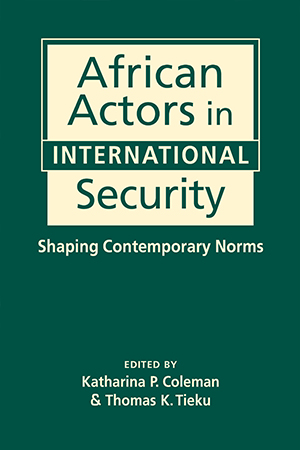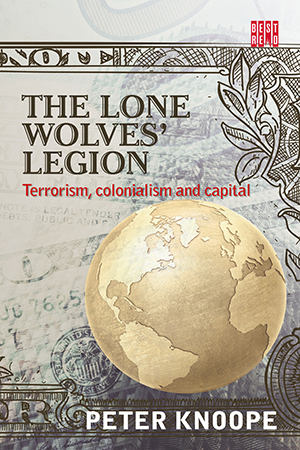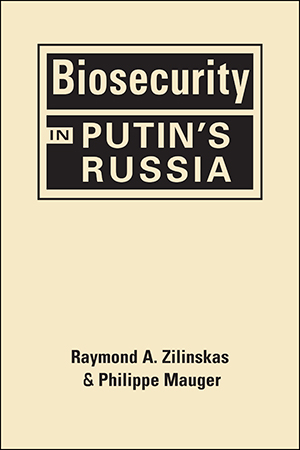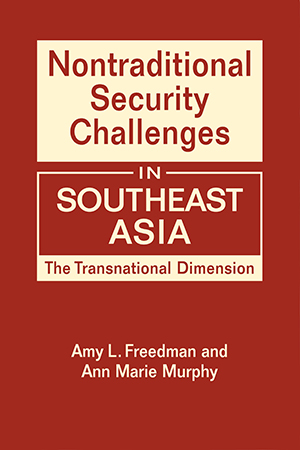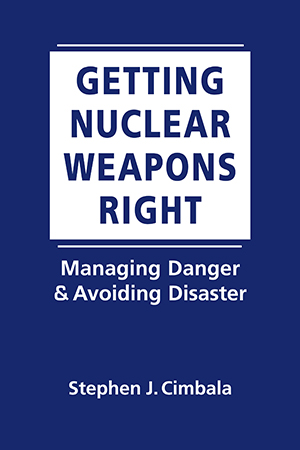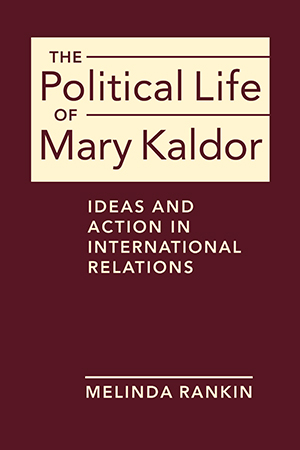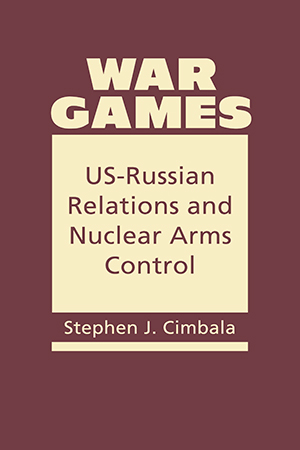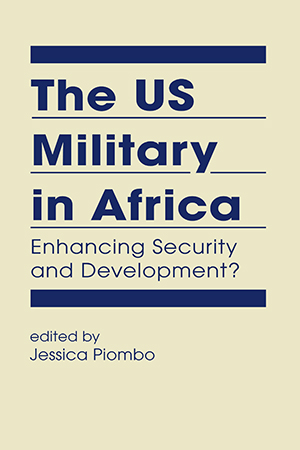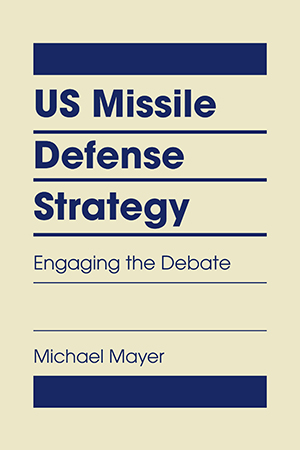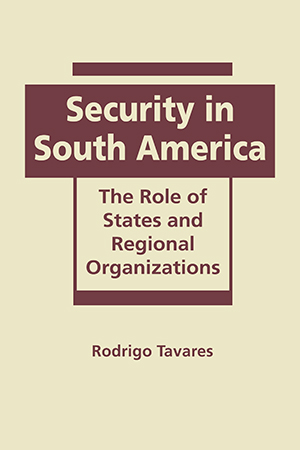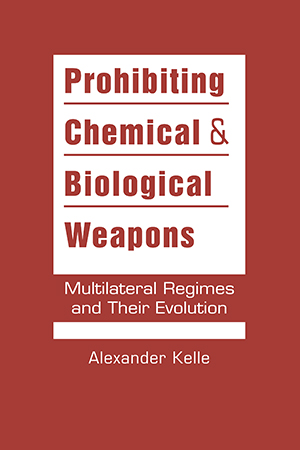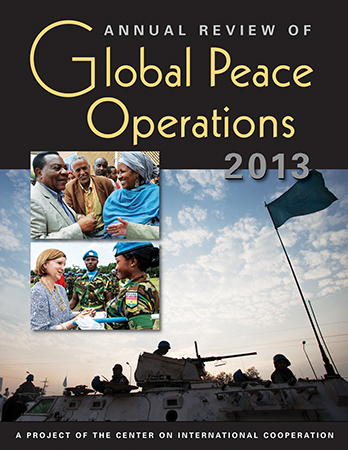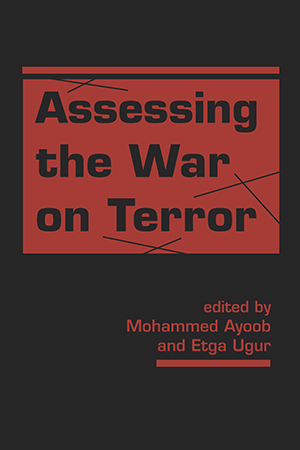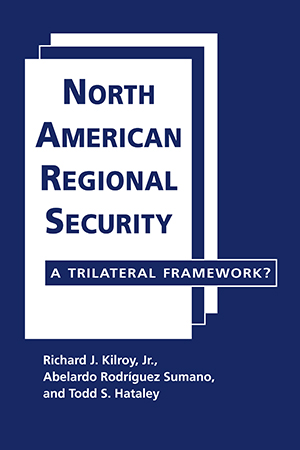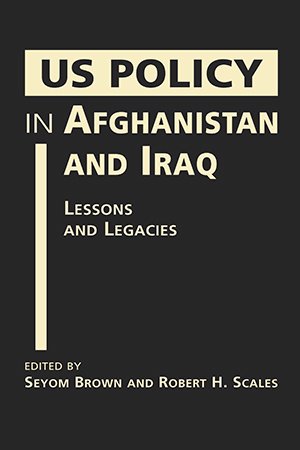Security and Intelligence Studies
What impact have African actors had on perceptions of and responses to current international security challenges? Are there international peace and security norms with African roots? How can More >
The threat of terrorism has increased significantly in recent years, in every region, with the number of victims of terrorist attacks also increasing. Are we indeed under siege, as many More >
In March 2012, at a meeting convened by the recently reelected Russian president Vladimir Putin, Minister of Defense Serdyukov informed Mr. Putin that a plan was being prepared for "the More >
With the countries of Southeast Asia increasingly challenged by a plethora of nontraditional security issues—climate change, food and water security, infectious diseases, and migration More >
Can we avoid nuclear war? Why are we more at risk today than at the end of the Cold War? Can the world powers work together to ensure international stability? Stephen Cimbala provides a More >
Although more than a little controversial, Mary Kaldor's academic work and ideas have both stimulated and influenced debate in the Pentagon, the United Nations, the European Union, NATO, More >
Does it make sense for the United States to cooperate with Russia to resolve international security issues? Is it possible for the two countries to work together to reduce the dangers More >
Recent US security policy toward Africa has adopted a multidimensional approach—including the use of military assets to promote economic development and good governance—that has More >
Why has the United States continued to develop ballistic missile defenses in an era of irregular warfare and asymmetric terrorist threats? How does missile defense contribute to US global More >
What types of threats and conflicts affect the countries of South America? What roles can and should states and regional organizations play in maintaining both traditional and human security More >
Whether in the arsenals of states or of terrorist groups, chemical and biological weapons (CBW) are increasingly seen as one of the major threats to global security. Alexander Kelle provides More >
The 2013 Annual Review of Global Peace Operations provides comprehensive information on all current military and—for the first time—civilian peace operations, more than 130 More >
Was the US-led war on terror, especially the invasions of Afghanistan and Iraq, a necessary response to the September 11 terrorist attacks? What did the two invasions accomplish? How have More >
Has the emergence of new transnational threats—terrorism, drug cartels, natural disasters—affected the dynamics of security relations among Canada, Mexico, and the United States? More >
How have the costs, both human and material, of US involvement in the conflicts in Afghanistan and Iraq affected the country's will for conducting regime-change operations? What are the More >


